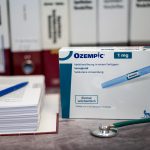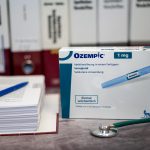
As many doctors and patients hail the advent of weight-loss drugs like Ozempic and Wegovy as the perfect fix for obesity, some experts are urging caution. The drugs are not well-tolerated by everyone struggling with obesity. For some folks, the weight piles back on as soon as the medication stops. There are also financial and ethical considerations, according to a commentary published online recently in the Journal of Clinical Investigation. More research is needed to better understand the medications, said endocrinologist Dr. Michael Schwartz from the University of Washington School of Medicine, in Seattle. Many experts seem to be saying “OK, we’ve fixed this problem. We’re done,” said Schwartz, co-director of the school’s Diabetes Institute and a co-author of the commentary. “We shouldn’t be complacent, and assume that these drugs are the answer to these chronic conditions,” Schwartz said in a university news release. “We are giving drugs where we don’t understand totally how they work.” Wegovy (semaglutide) is approved by the U.S. Food and Drug Administration for treatment of obesity, a problem affecting about 42% of the U.S. population. Ozempic (semaglutide) and Mounjaro (tirzepatide) are approved for type 2 diabetes, but are also prescribed for weight loss. The medications mimic the action of naturally produced hormones, including glucagon-like peptide-1 (GLP-1). Patients feel full when eating less because of the increase in insulin, appetite suppression… read on > read on >



























-300x200.jpg)










